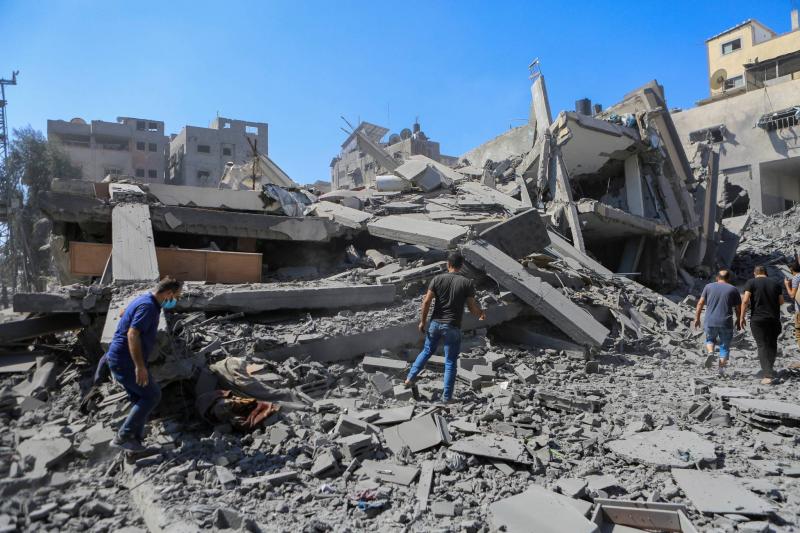The French newspaper "Le Figaro" reported that "Egypt has gained the upper hand in the negotiations between Israel and Hamas." The newspaper explained that "Cairo is leveraging its relationships with both Hamas and Israel to successfully propose a prisoner exchange deal and a ceasefire, particularly with the movement's leader in the Gaza Strip, Yahya Al-Sinwar."
The report highlighted that "the relationship between Al-Sinwar and the Egyptian intelligence is not bad, as the Hamas leader in Gaza understands Egypt's national security concerns regarding its dealings with the Gaza Strip, which had a network of tunnels linked to the Egyptian borders."
It added that "the increasing Egyptian role in the negotiations is also due to the Israeli side's distrust of Qatar, as Tel Aviv has accused it, through Prime Minister Benjamin Netanyahu, of not sufficiently pressuring Hamas—a sentiment echoed by American officials."
While the relationship between Qatar and the political leadership of Hamas, residing in Doha, is very strong, the crucial decision remains in the hands of Yahya Al-Sinwar and the movement's field leaders in Gaza, who maintain a good relationship with the Egyptian intelligence.
This comes as Egyptian intelligence director Abbas Kamel participates in talks between the Israeli and Palestinian sides that have been ongoing for six months, and he has met with Qatari and American officials, notably CIA director Bill Burns, to reach a ceasefire in Gaza.
Cairo had previously sent Abbas Kamel to Israel on Friday with an Egyptian delegation that met with the Shin Bet, Mossad, and the Israeli military's General Staff.
A notable achievement Kamel reached with the Israeli side was a new proposal that includes Israel's readiness to discuss a long-term ceasefire as the second phase of implementing the ceasefire agreement begins, a proposal formulated by the Egyptian official in collaboration with the Israelis.
Le Figaro cited a source close to Egypt and Hamas stating that "Cairo has made another request from the Palestinian side to Israel for the complete return of the displaced. However, there is a dispute regarding the presence of Israelis in the Salah al-Din corridor that Palestinians will use to return to their homes."
It clarified that "the Israelis expressed their willingness to withdraw 500 meters from this corridor, while Hamas requested that they remain at least two kilometers away." According to Le Figaro, "the first stage of the ceasefire agreement will last between 20 to 35 days, after which the Israeli army will partially withdraw from the Gaza Strip, allowing Palestinians to return from the south to the north, leading to a period of lasting calm in the region thereafter."




